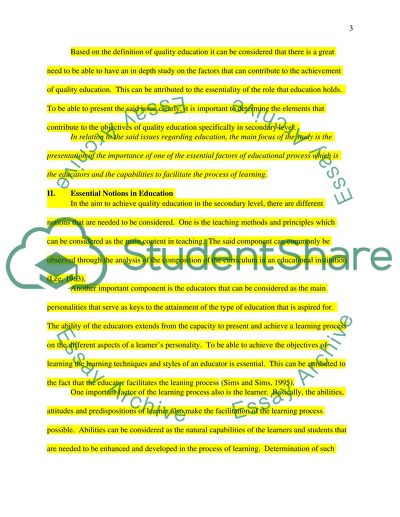Cite this document
(“Teaching Materials for Secondary School Teachers Essay”, n.d.)
Teaching Materials for Secondary School Teachers Essay. Retrieved from https://studentshare.org/miscellaneous/1509722-teaching-materials-for-secondary-school-teachers
Teaching Materials for Secondary School Teachers Essay. Retrieved from https://studentshare.org/miscellaneous/1509722-teaching-materials-for-secondary-school-teachers
(Teaching Materials for Secondary School Teachers Essay)
Teaching Materials for Secondary School Teachers Essay. https://studentshare.org/miscellaneous/1509722-teaching-materials-for-secondary-school-teachers.
Teaching Materials for Secondary School Teachers Essay. https://studentshare.org/miscellaneous/1509722-teaching-materials-for-secondary-school-teachers.
“Teaching Materials for Secondary School Teachers Essay”, n.d. https://studentshare.org/miscellaneous/1509722-teaching-materials-for-secondary-school-teachers.


